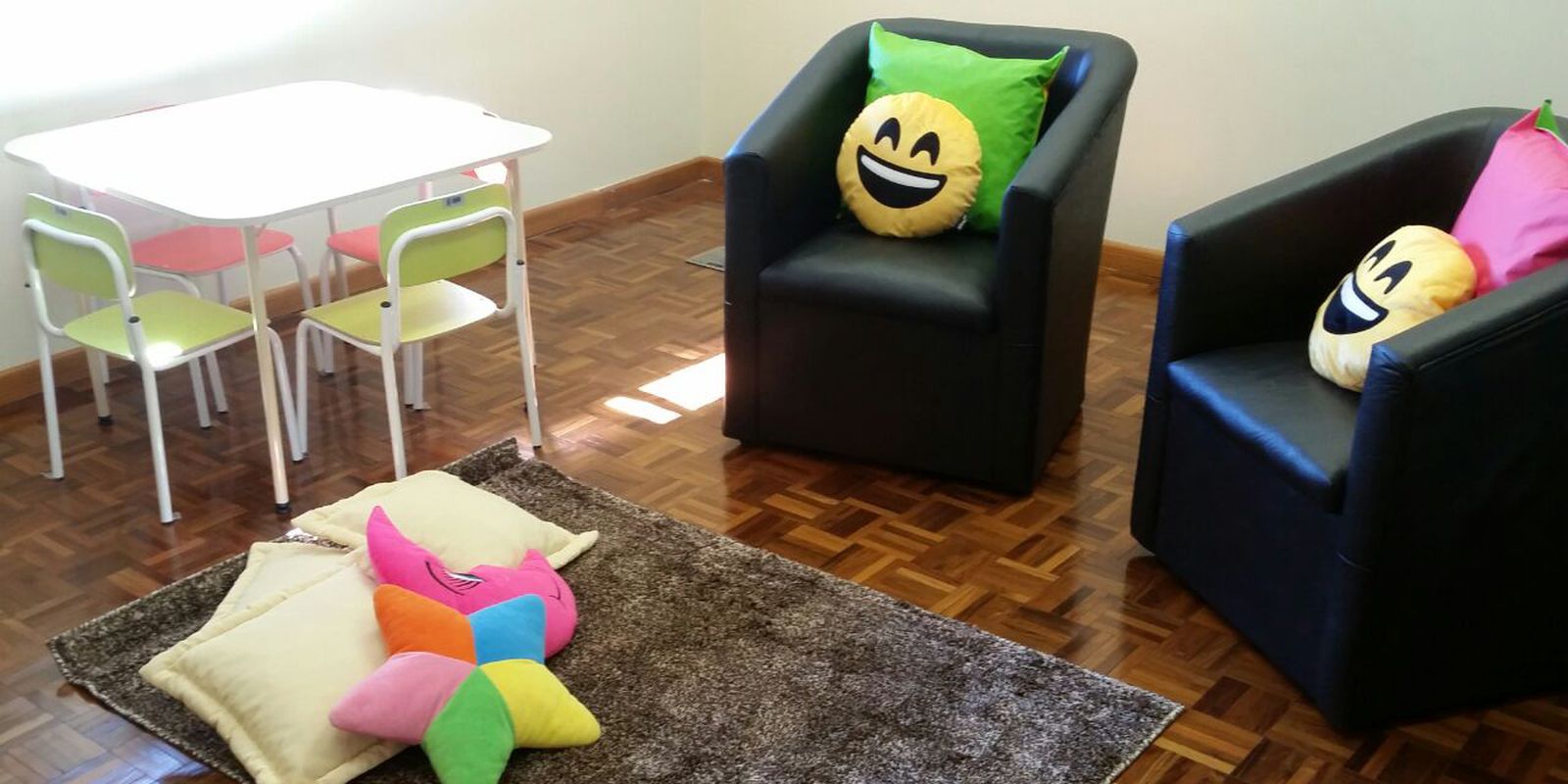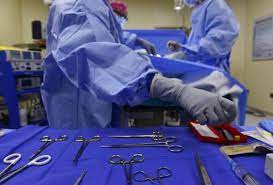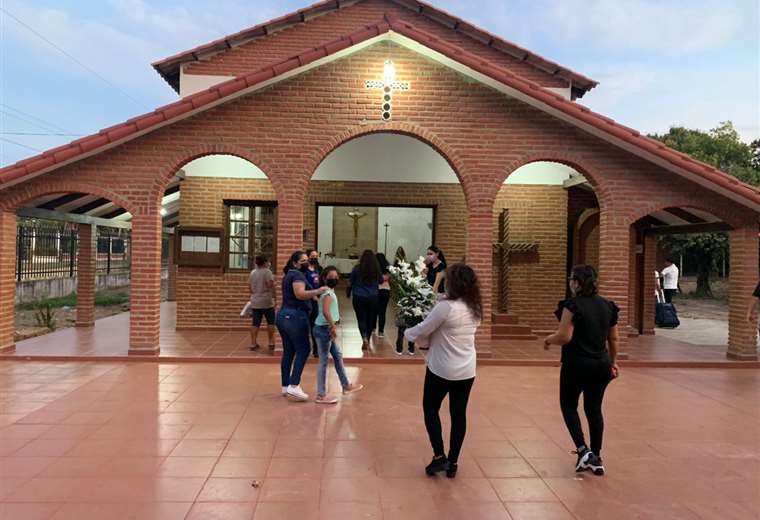Almost 20 years ago, Brazil began to adopt new practices to listen to the testimonies of children and adolescents victims of violence. Initially called a harmless deposition, the procedure tried not to aggravate the emotional suffering of boys and girls, welcoming them in a more humanized way. Then judge of the Childhood and Youth Court in Porto Alegre, José Antônio Daltoé was responsible for introducing, in Rio Grande do Sul, the first innovations that, in 2017, resulted in the approval of the Law 13,431.
The legal text, proposed by federal deputy Maria do Rosário (PT-RS), establishes that children and adolescents receive qualified legal and specialized psychosocial assistance that protects them from possible institutional violence – that is, from any action that threatens or offends their integrity. and that is practiced by or with the consent of representatives of the Public Power.
Today a judge at the Court of Justice of Rio Grande do Sul and president of the Brazilian Association of Children and Youth Magistrates, Daltoé says that the country has advanced a lot since he, unhappy with the way he had to listen to a 7-year-old girl, victim of of sexual abuse, decided to use residential surveillance cameras to try a new way of collecting testimonies that, once recorded by people able to conduct the interviews, would reduce the need for children and adolescents to have to be heard more than once, reviving the situation. traumatic. This allowed the testimony to be later shown to judges and other parties in the process, including the accused, without the victim having to be placed in front of the aggressor.
Despite this, in an interview with Brazil Agency in the week in which the Statute of Children and Adolescents (ECA) turned 32, Daltoé stated that, after two decades, not all regions in the country have the equipment or trained personnel needed to take special statements.
Brazil Agency – What are specialized listening and special testimony? Are there differences between the two legal procedures?
Jose Antonio Daltoe – Yes there is. In Brazil, these practices began [a ser sistematizadas] in 2003. Until then, there was no specific concern about how to receive and listen to children and adolescents who are victims of violence. It acted almost the same way as with an adult. In the justice system, for example, they sat in front of a judge, a prosecutor and a lawyer, in a common courtroom, and were forced to answer questions that were often poorly worded. Sometimes, in front of the accused himself, who, not infrequently, was a person close to them, known, which caused additional embarrassment and suffering. It was institutional violence. So, we started to adopt new ways of listening to children and adolescents, ensuring that they were protected, cared for.
Brazil Agency – In practice, how did this change take place?
Daltoe — We started to install differentiated rooms, where children and adolescents victims or witnesses of violence can be interviewed by a trained person, having their privacy guaranteed. And also the necessary equipment so that judges, prosecutors, the accused and his lawyers can follow the victim’s testimony from another location. This is to protect the child or adolescent from any contact, even visual, with the accused or with anyone who may pose a threat or embarrassment. We made agreements and studied the practices of other countries. In 2010, the National Council of Justice [CNJ] sent to Recommendation 33, guiding the courts of Justice across the country to create specialized services to collect the special testimony. In 2017, came the Law 13,431which establishes that specialized listening, carried out by any organ of the promotion and protection network, and special testimony, that is, hearing before police or judicial authorities, take place in appropriate, welcoming places that ensure the privacy of the child or the child. adolescent.
Brazil Agency – Why is it important to establish specific guidelines for listening to the reports of children and adolescents who are victims of violence?
Daltoe — Improper listening can jeopardize the entire process. An inappropriate question can induce a child or teenager to respond in a certain way. In addition to creating more embarrassment for victims or witnesses of violence, this can take away all credibility from the testimony. And the word of the victim or witness is of paramount importance, especially in cases of sexual abuse, in which, in most cases, there are no other witnesses or material traces. So, following protocols, we must enable an open report so that the child and adolescent can talk about many things, including things that do not concern the process. The goal is to make them feel free to, when they get to the point that matters, speak in their own words. Of course, this takes more work. Done this way, a deposition that would last ten minutes can take an hour or more. It takes a lot more patience, more tranquility.
Brazil Agency — So, in addition to avoiding re-victimization, sparing children and adolescents from reliving the violence suffered, the intention is also to guarantee the credibility of the testimony?
Daltoe — Exactly. When I was a criminal judge, I witnessed a raped 12-year-old girl being asked if she had come. With listening and special testimony, this type of situation does not occur; the victim does not hear such barbarity. The question comes to her appropriately. In addition, the 2017 law encompasses an interdisciplinarity, since no one goes directly to justice when suffering violence. It is at school, in the health system, in the tutelary council that the person ends up revealing or giving indications that something has happened. Therefore, the law establishes the correct flow to direct the child or adolescent to the appropriate place, where they can be heard properly and, whenever possible, only once.
Brazil Agency – Have we evolved enough to prevent and curb institutional violence against this public?
Daltoe — Much. We are still discovering ways to improve the work, but I would say that Brazilian legislation in this regard is one of the best in the world. We just need to keep improving practices and periodically renewing our training modules. All magistrates, lawyers, social workers, psychologists, in short, the entire network of promotion and protection must adapt and be permanently trained. Sometimes we think we’re doing it right, and when we listen to a lecture, we realize we’re doing something wrong.
Brazil Agency – What are the other challenges to improve this work?
Daltoe – Consolidating this change in culture is the work of a generation. There are serious problems, as there is a certain, shall we say, prejudice among some magistrates and technicians who, despite having access to appropriate protocols and courtrooms, continue to do things inappropriately. And there are those who do not have access to equipment. Today, we have equipment in more than 1,200* regions in Brazil. Unfortunately, they are unevenly distributed. There are states that have the service in all their counties and those that do not. In addition, the ideal would be for the entire Judiciary to have its own qualified technical teams, but, as far as I am aware, only São Paulo, Rio de Janeiro and the Federal District have technical staff to serve all courts.
Brazil Agency – And the others?
Daltoe – The other federative units do not have them in all counties and, therefore, they can hire people from outside. In these cases, social workers, psychologists, pedagogues and professionals from other areas of training are trained and hired to provide this service as needed.
Brazil Agency – But, by law, all courts have to offer appropriate locations and trained professionals, even if they are not on the staff.
Daltoe – Exactly.
Brazil Agency – And in the case of regions that do not offer this service?
Daltoe – I believe that they continue to take the depositions in the traditional way, breaking the law.
Brazil Agency – Regardless of whether or not they are career servants, what kind of training do technicians receive?
Daltoe – Whatever the case, they are people able to facilitate the taking of testimonies from children and adolescents. They do not necessarily need to be psychologists or social workers, but they must be trained. The Brazilian legislation itself already establishes the situations and protocols validated by the academy and recommended by the CNJ. It is based on these protocols that the technicians/facilitators are being trained.
*Consulted, the National Council of Justice (CNJ) reported that it does not have a survey on the number of rooms intended for taking active special depositions in Brazil
















